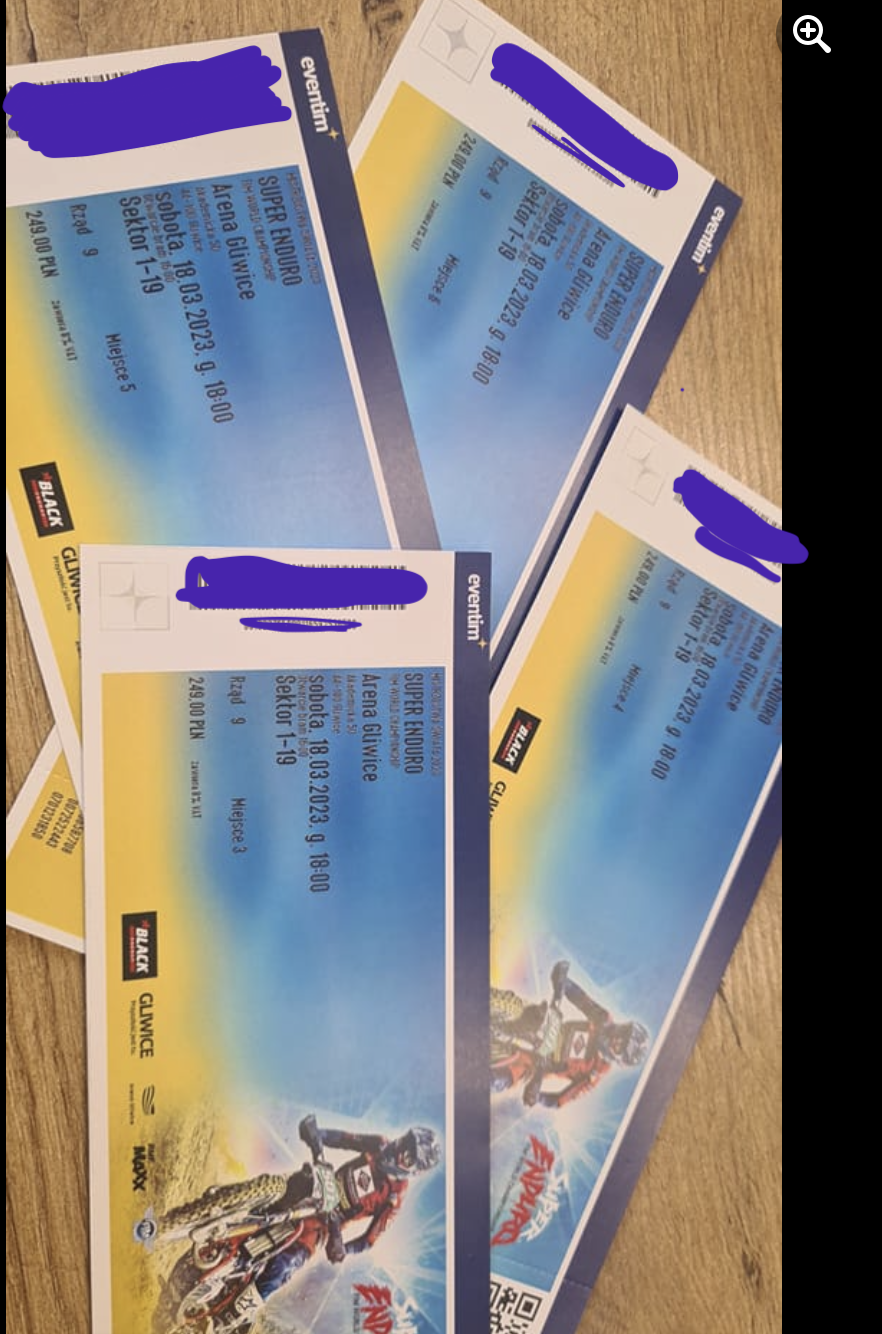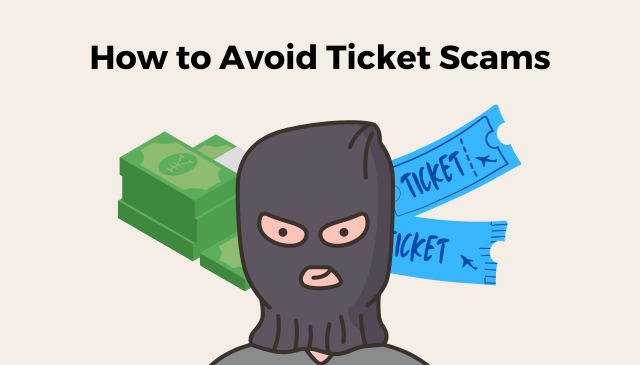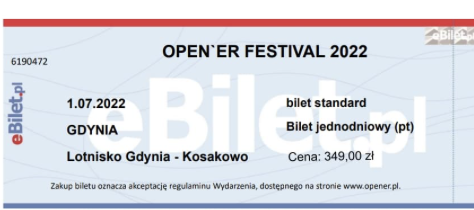The concert and festival season is in full swing. Do you want to buy a ticket from an authorized seller, but it is sold out? There are three options: either you give up and miss the opportunity to create great memories, or you buy a second-hand ticket, or sometimes you may be able to purchase a ticket that returns to the market. So, how can you buy a second-hand ticket without getting scammed? Below are some tips worth paying attention. Remember that caution is always right, as there is always a possibility of being scammed.
Read regulations of the event
Some event organizers require you to show an ID or other document during ticket scanning to compare the personal information with what is on the ticket. If you want to buy a ticket from someone else with personal data, keep in mind that the seller is responsible for changing that personal data in the authorized ticket sales service before the event starts. This change often involves additional costs.
Tickets with the owner’s name are a way to avoid fraud, as sellers often post photos of tickets on sales websites and social media, and others copy them to attempt fraudulent sales. It’s worth checking if the seller’s information matches the information on the ticket before buying it.
Avoid purchasing tickets whose entire photos are shared with a large community
Every ticket contains an individual QR or barcode, which is the most important element of the ticket. Typically, there is a number associated with the codes, which allows the owner to change information, cancel the ticket, and issue a copy (which is created by sales services in case of loss or destruction of the original ticket). Most importantly, this code allows entry to the event. In the age of easy access to graphic programs, faking a ticket with the given code takes just a few minutes.
What a mobile ticket looks like – a link to the authorized ticket sales’ website.
Suspicious fonts, watermarks, logos
This matter relates to the previous one. Fake tickets can often be recognized by unnaturally bolded fonts, fake logos, and distinctive watermarks. If you have a ticket from an authorized seller, try comparing its layout of data and graphics on the ticket. Often, the pattern is the same, only the data or artist photos change.
Freshmen on social media
If you’re buying a ticket from users on social networking sites like Facebook or Instagram, pay attention to the seller’s profile. Scammers often create new profiles that only contain a profile picture with information like „changed: 3 minutes ago” and a cover photo, or a private profile/profile with 0 photos and 2 followers. It’s worth paying attention to the number of friends on profiles. Having only 7 friends may be quite suspicious.
Pay special attention to popular sales announcements posted on popular auction sites. It’s worth paying attention to the seller’s reviews and, as with social networking sites, the information on how long the account has existed.
Face to face purchase
If possible, arrange to purchase the ticket „in person”. The likelihood that a scammer will come with a fake ticket is lower than when buying a ticket online, when you are unable to verify if the person on the other side of the screen is who they claim to be.
It is recommened to buy the ticket on the day of the event at the ticket validation location from individuals with scanners. If the ticket turns out to be invalid, you won’t lose your money; on top of that, you’ll catch the scammer red-handed.
„Sus” links
Do not click on suspicious links that appear to be random mixtures of letters and numbers or written in a foreign language. Such links are often found in posts offering tickets for sale. Messages containing links to virus-infected or data-harvesting websites are usually authored by bots with foreign-sounding names.
Do not buy at a higher price
Selling tickets at a higher price than the one set by the authorized seller is illegal. According to Article 133 of the Offenses Code, anyone who acquires tickets for artistic, entertainment or sporting events with the intention of reselling them for a profit, or who sells such tickets for a profit, is subject to imprisonment, restricted freedom, or a fine. Attempting, instigating, or aiding such behavior is also punishable by law.

Follow fan groups
Follow fan groups on social media as they often publish the names of people who have tried to scam others with fake tickets or have successfully done so. Before buying a ticket, check if the name of your potential seller does not appear on the list.
Remember that the event organizer is not responsible for fraud caused by secondary ticket sales. If you are scammed, report the user’s profile and file a complaint with law enforcement (the police).
Written by Dominika Czaja and Julia Zaborowska.


